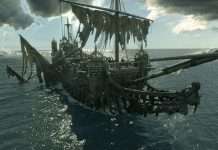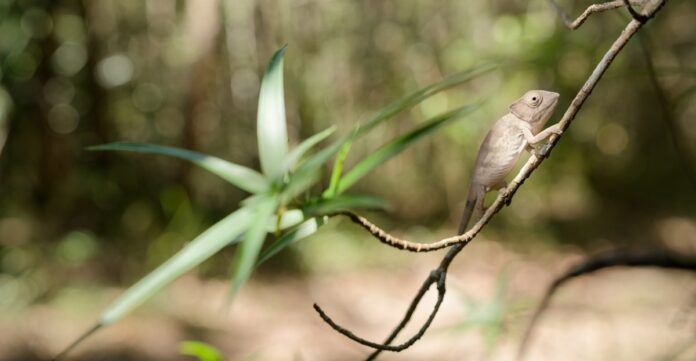Madagascar, an island nation off the southeastern coast of Africa, is renowned for its astonishing biodiversity. Over 90% of the animals found here exist nowhere else on Earth. From the iconic ring-tailed lemur to the elusive aye-aye, Madagascar’s unique fauna has long captivated scientists and nature enthusiasts alike. However, this irreplaceable treasure trove of life faces a dire threat: rapid extinction due to climate change and human activity.
The situation is starkly defined by the very isolation that makes Madagascar so biodiverse. While wildlife conservation efforts exist on the island, they are often hampered by poverty, deforestation driven by agricultural expansion, and the effects of a changing climate. These issues converge into a perilous web for Madagascar’s endemic species, many of which are already teetering on the brink.
The Climate Change Conundrum:
Climate change poses an especially insidious threat to Madagascar’s fragile ecosystems. Rising temperatures, altered rainfall patterns, and increased frequency of extreme weather events like droughts and cyclones are disrupting delicate ecological balances. These shifts directly impact food sources and habitats vital for many endemic species already struggling with limited geographic range and specialized diets.
Beyond Wildlife Protection: A Multifaceted Crisis:
Protecting Madagascar’s wildlife transcends the traditional realm of conservation efforts focused solely on animals. It necessitates a holistic approach that addresses the root causes driving biodiversity loss. This means tackling poverty, promoting sustainable land-use practices, empowering local communities to manage their natural resources sustainably, and mitigating the impacts of climate change through global cooperation.
The urgency of the situation is undeniable. Without comprehensive action, Madagascar risks losing its irreplaceable biological legacy forever. The vanishing wildlife is not just a tragedy for the island nation; it represents a profound loss for global biodiversity and the interconnected web of life that sustains us all.




































































